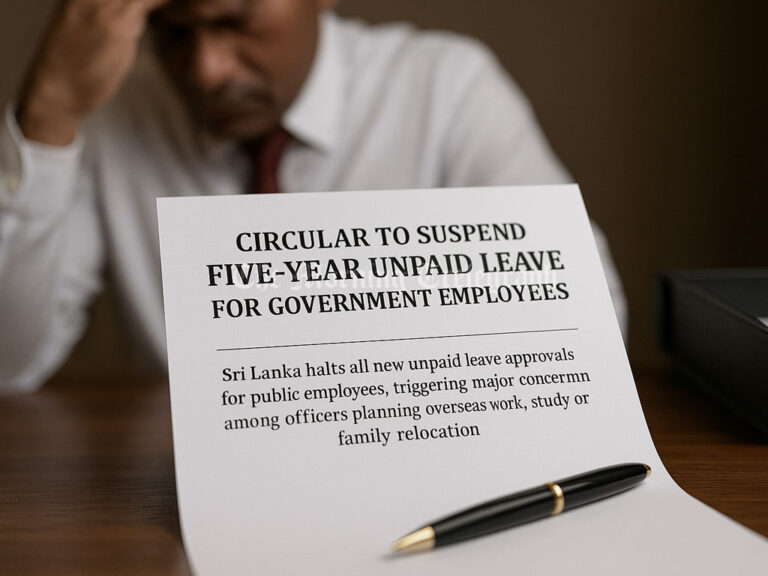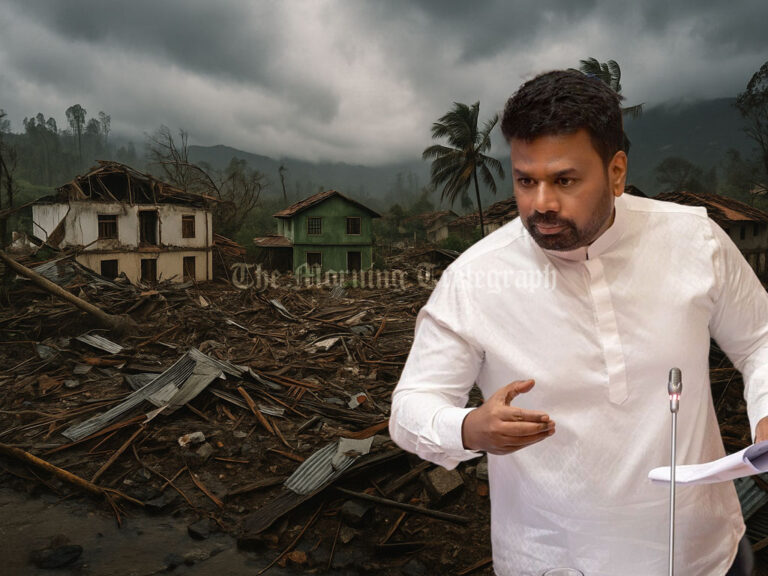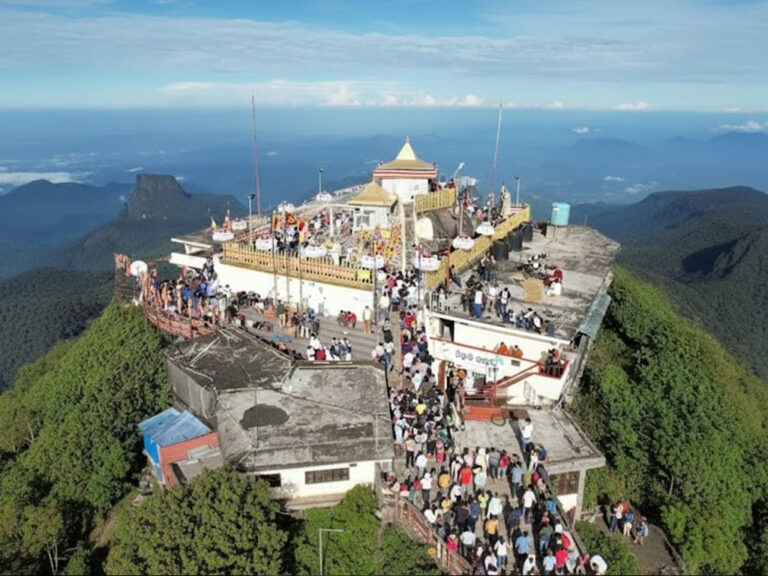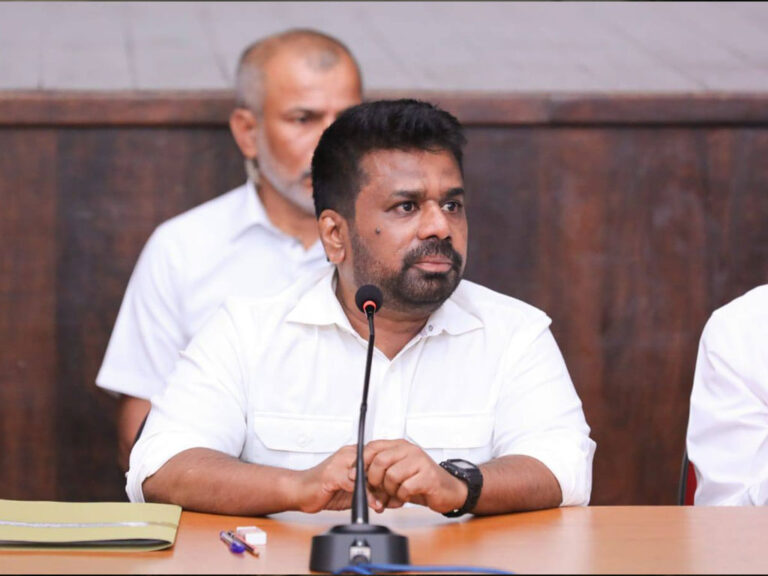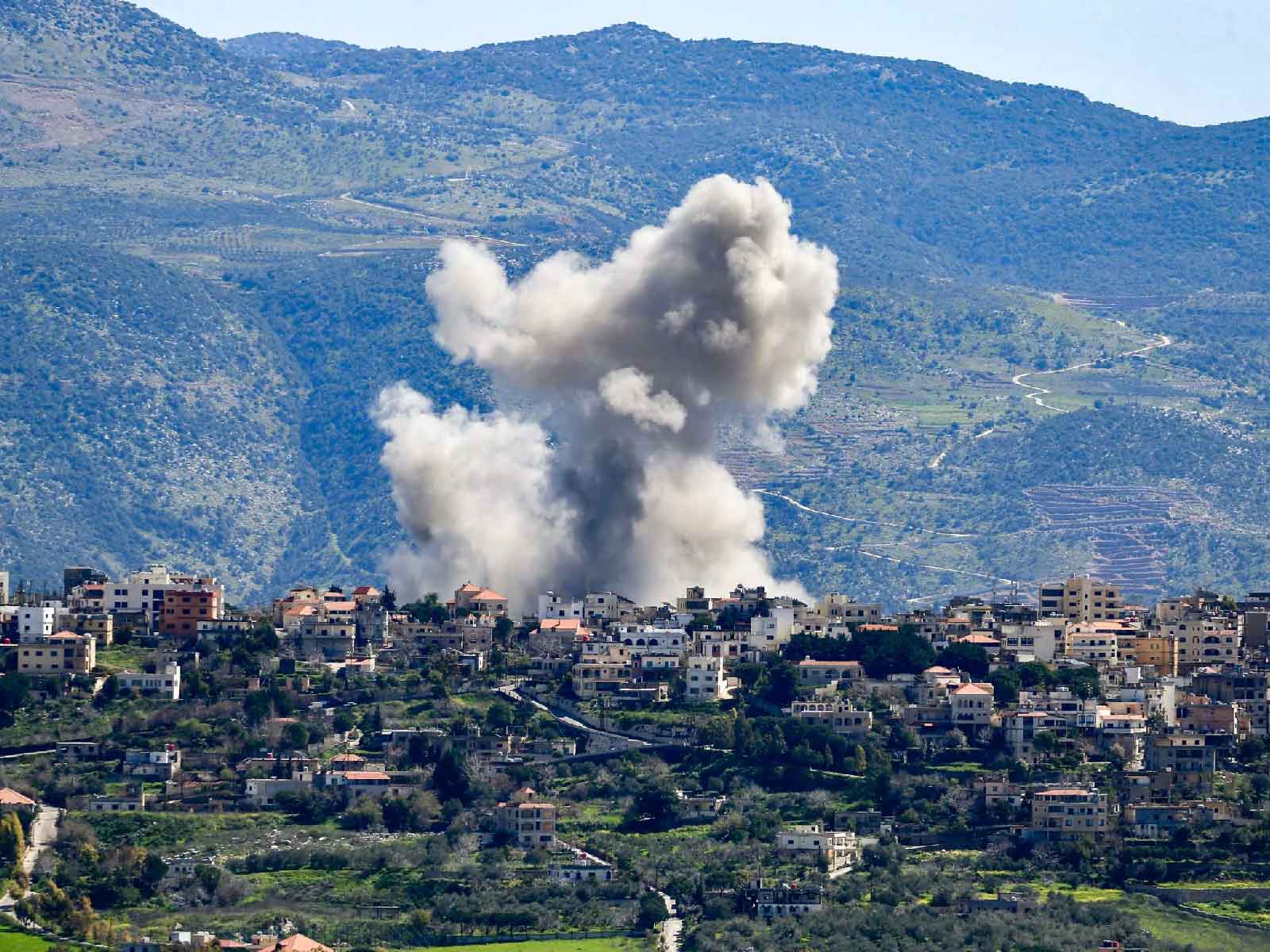
Beirut, Lebanon – As Lebanon stands on the brink of a potentially catastrophic regional conflict, its residents are confronting profound fear and making difficult decisions about their futures. The recent escalation in violence began on July 27, when a projectile struck the Israeli-occupied Golan Heights, killing 12 Druze children and young adults. Israel quickly blamed the Lebanese armed group Hezbollah, which has denied any involvement.
The situation rapidly deteriorated with Israel’s assassination of two key figures: Fuad Shukr, a top Hezbollah commander, and Ismail Haniyeh, Hamas’s political chief, in separate high-profile attacks. Shukr was killed by a rocket strike on a residential building in Dahiyeh, a district of southern Beirut, while Haniyeh was assassinated in Tehran during an inauguration event for President Masoud Pezeshkian.
These acts have pushed the region to the brink of an all-out war, with both Hezbollah and Iran vowing retaliation. Analysts suggest that Iran may coordinate with other allied groups to launch a broader offensive against Israel, heightening regional tensions further.
In response to these developments, Loubna El-Amine, a Lebanese-American who had been visiting Lebanon from the United Kingdom, decided to cut her trip short. She and her family booked a flight to Turkey, citing concerns over their safety and the stress on their children. “Even if there doesn’t end up being direct danger, we had to think if we really wanted to put our children through this level of stress,” El-Amine told Al Jazeera from a café in Hamra, a bustling district in Beirut.

Many Lebanese civilians are trying to maintain their daily routines while wrestling with the looming threat of a broader conflict. El-Amine admitted that the current situation feels particularly dire, though she still holds out hope for a ceasefire. The ongoing low-level conflict between Hezbollah and Israel, which began on October 8, has seen intermittent clashes, with Hezbollah aiming to alleviate pressure on Hamas in Gaza.
The war in Gaza has been devastating, with Israel’s campaign resulting in approximately 40,000 deaths and near-total displacement of Gaza’s 2.3 million residents. This conflict began after a coordinated Hamas attack on October 7, which killed 1,139 people and took 250 captives. Despite Hezbollah’s commitment to cease its attacks if a Gaza ceasefire is achieved, no agreement has been reached, leading to widespread resentment in Lebanon. Many Lebanese feel that Israel, under Prime Minister Benjamin Netanyahu, is intent on perpetuating the conflict and potentially expanding it.
In light of this, some Lebanese, like software engineer Majd Akaar, have chosen to remain in the country despite the danger. Akaar expressed his frustration with Western support for Israel, which he views as morally misguided. He recounted a harrowing experience when a friend in southern Lebanon showed him an exploding ordnance during a video call. “I remember just hearing her screaming. I panicked until she called me back 10 minutes later,” Akaar said.

Others, like Sirine Sinou, have resigned themselves to their fate. Sinou, who owns a small store in Hamra, explained that her family cannot afford to leave Lebanon, nor do they see the point in stockpiling supplies given past experiences with wasted resources. If necessary, they plan to move to their ancestral village in northern Lebanon, away from the capital.

Assad Georges, a resident of Zahle, expressed concern over the escalating conflict and the potential for more violence. Despite currently hearing occasional bombings and sonic booms from nearby towns, Georges feels that a larger conflict is imminent, especially with the increased military presence from the US and UK. He believes that once Israel completes its operations in Gaza, it will turn its focus to eliminating Hezbollah.
Lebanon’s future remains uncertain as its people navigate the precarious balance between daily life and the looming threat of war. The specter of conflict looms large, leaving many Lebanese to confront their fears and make difficult decisions about their safety and their country’s future.
Images’ Courtesy :- Hussein Malla/AP Photo




